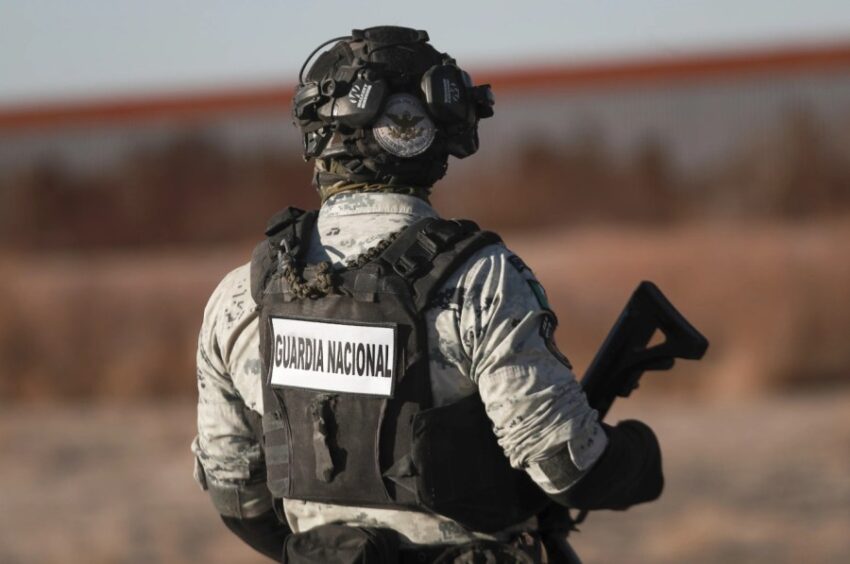EL PASO, Texas (Border Report) — The leaders of Mexico and Canada have been willing to appease U.S. President Donald Trump to avoid tariffs on their products.
Trump threatened Mexico and Canada with 25% tariffs if they didn’t stop the flow of migrants and fentanyl through their countries and into the U.S.
They were supposed to begin Monday, but Trump has since agreed to delay them for a month.
In return, Trump got Mexico to send 10,000 National Guard troops to the border, and Canada, among other things, to name a “fentanyl czar.”
Canada has also agreed to list Mexican cartels as terrorist groups and launch a “Canada-U.S. Joint Strike Force to combat organized crime, fentanyl and money laundering,” according to the Associated Press.
Trump imposed a 10% tariff on Chinese imports and has threatened to tax European products.
On this week’s episode of Border Report Live, the correspondents examine Mexico’s response to Trump’s threats, and how business leaders say tariffs will hurt cross-border commerce. Some business leaders say the damage has already been done despite the pause.
This week, hundreds of Mexican National Guard troops arrived in border cities like Juarez and Tijuana.
On Tuesday, a military plane with 120 Guard members landed in Juarez, where some 1,600 other soldiers have been on a permanent rotation.

Lt. Col. Jose Luis Santos told reporters in Juarez that the troops’ only mission is to stop fentanyl from being smuggled into the U.S. He added that National Guard troops would be sent to other Mexico border cities and patrol the entire border.
The troops will also support local, state and federal law enforcement agencies. However, they will not engage in investigations or detentions that do not involve the flagrant commission of a crime.
Troops have also arrived in Tijuana, where residents have long accused the National Guard of violating their civil rights.
Last August, the head of the Baja California Lawyers Bar Association said members of Mexico’s National Guard in Baja California are accused of human rights and civil rights violations more than any other police agency in the state. He said soldiers need to undergo training and learn about basic human rights.
The local Citizens Security Council in Tijuana is asking that the soldiers’ mission be clear — whether they’ll be ordered to patrol the streets or the border — and for assurance that they will let residents move freely.
Trump also threatened Mexico with tariffs in 2019, prompting the government to send 15,000 soldiers to its northern border.
“Tariffs are very powerful both economically and in getting everything else you want,” Trump told reporters this week. “Tariffs for us, nobody can compete with us because we’re the pot of gold. But if we don’t keep winning and keep doing well, we won’t be the pot of gold.”
On the other hand, Mexican President Claudia Sheinbaum, in announcing the deployment of 10,000 troops to the border, said the U.S. government would commit “to work to stop the trafficking of high-powered weapons to Mexico.”
Border Report correspondent Julian Resendiz and the Associated Press contributed to this report.
 Read: Read More
Read: Read More




